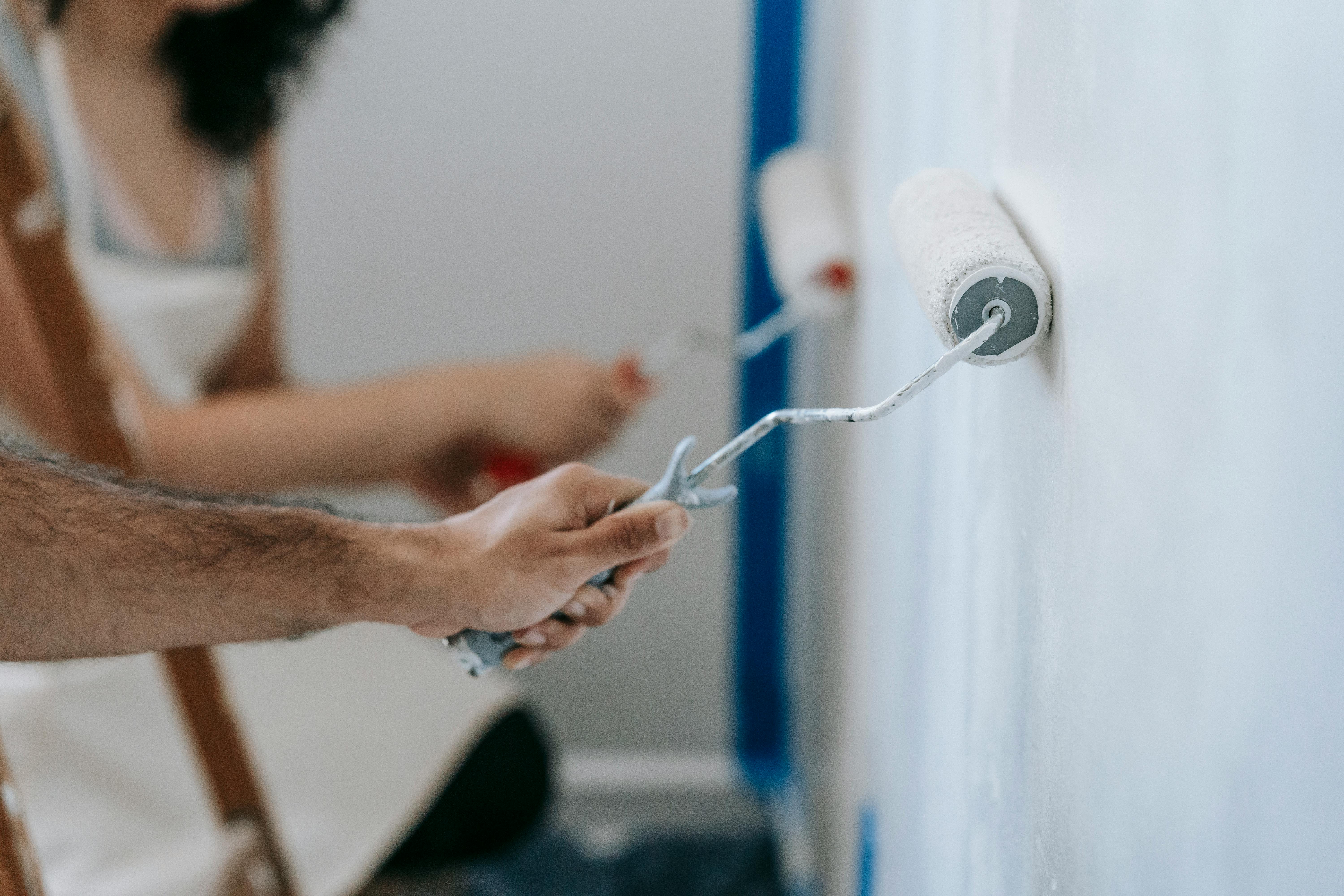When you think of house flipping, you might picture investors buying outdated properties, sprucing them up, and selling them for a profit. While this is true, flipping properties is often viewed as a practice that drives up housing prices, making homes less affordable. But what if I told you flipping properties could actually improve housing affordability?
It may sound counterintuitive, but here’s why and how responsible property flipping can benefit the housing market and make homes more accessible.
1. Revitalizing Neglected Homes
Many homes that flippers target are in disrepair—properties most homebuyers won’t consider due to the time, money, and effort required to make them livable. These houses often sit vacant for years, dragging down neighborhood aesthetics and property values.
When an investor flips a property, they take a home that’s often uninhabitable and turn it into a desirable space. This adds inventory to the market, particularly in areas where housing stock is limited, and provides buyers with move-in-ready homes at competitive prices.
2. Increasing Market Supply
Housing affordability often boils down to supply and demand. In markets with a limited number of homes for sale, prices tend to skyrocket. Flippers can help alleviate this pressure by adding more homes to the market.
By targeting underutilized or uninhabitable properties, flippers are essentially creating inventory. This can help stabilize or even reduce prices, especially in areas with high demand and limited supply.
3. Supporting First-Time Buyers
Many flipped properties are entry-level homes—exactly the kind of homes first-time buyers are looking for. These buyers often lack the funds to take on major renovation projects, so they benefit from move-in-ready properties that don’t require additional investment.
Flippers who focus on creating affordable housing options can make homeownership a reality for those who might otherwise be priced out of the market.
4. Boosting Neighborhood Property Values
Flipped homes often lead to an overall improvement in neighborhood quality. A well-renovated property can inspire neighbors to invest in their own homes, creating a ripple effect of revitalization. This process can attract new residents, businesses, and community investments, strengthening the local housing market.
5. Contributing to the Economy
Flipping properties stimulates local economies by creating jobs for contractors, plumbers, electricians, and other professionals. It also increases tax revenue for municipalities, which can be reinvested into community resources, infrastructure, and affordable housing initiatives.
The Key to Success: Responsible Flipping
Of course, not all flipping practices are beneficial. Irresponsible flippers who cut corners or aim to maximize profits at the expense of quality can hurt both buyers and the market. However, when done responsibly—with attention to quality, community needs, and affordability—flipping properties can be a win-win for investors and homebuyers alike.
At 10X Real Estate, we understand the importance of responsible flipping and strive to make it easier for investors to succeed. We offer renovation services for flippers at competitive prices, ensuring quality work that adds value to your investment while staying within budget. Whether you’re refreshing an outdated kitchen or tackling a full-scale remodel, our team delivers results that help you turn a profit while contributing positively to the housing market.
Flipping With Purpose
At the end of the day, flipping isn’t just about turning a profit; it’s an opportunity to make a positive impact on the housing market. By revitalizing neglected properties, increasing market supply, and focusing on affordability, flippers play an essential role in improving housing options for families and individuals.
So, the next time you hear someone criticize house flipping as a driver of rising home prices, you can share the other side of the story—one where responsible flipping improves housing affordability and strengthens communities.




